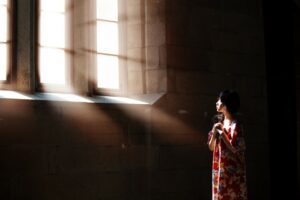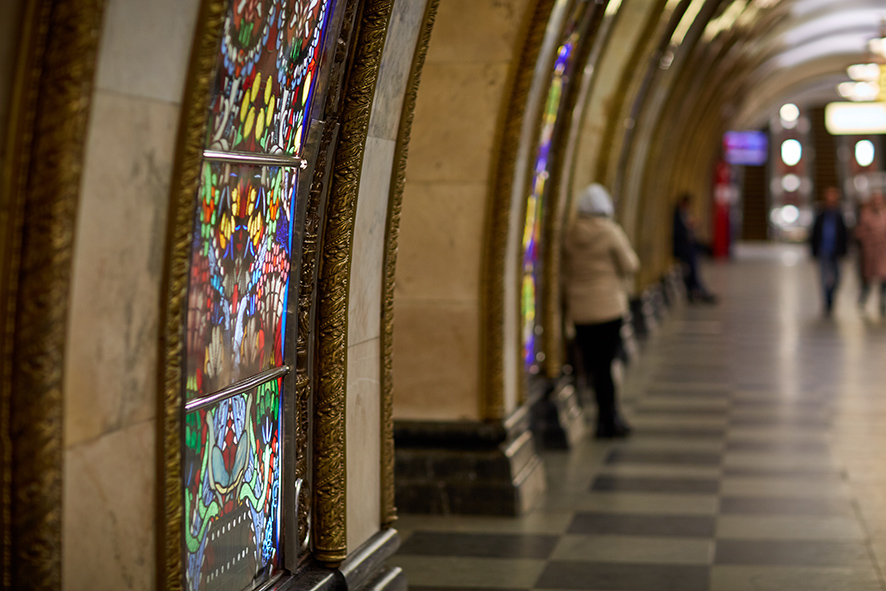Insights from the dashboard: Gender inequality
Insights from the dashboard: Gender inequality
In the past six months, gender inequality has been a regular topic on the EARS dashboard. This article will discuss some important summaries on this theme that are featured on the dashboard.
Between January and July 2021, a total of 2,373 article summaries were added to the EARS dashboard. Of these, nearly 4% (91 summaries) featured the keyword ‘gender inequality’. Even though this percentage is small compared to some other topics, issues within the theme of gender inequality over the past seven months have been varied. Moreover, important debates surrounding the future of gender roles within religions across Europe have taken place.

As the word cloud from the dashboard shows, women is a major keyword when searching for gender inequality. Therefore, this article will focus on specifically examining cases of women’s equality while also reflecting on some positive attempts to right historical wrongs.
Lack of women in leadership roles
It is well known that historically, women have been underrepresented in leadership roles amongst the major world religions. To some extent, this remains the reality in the present day and can be seen within, for example, Romania.
In May 2021, the Archbishop of Tomis, Teodosie Petrescu, a prominent representative of the Romanian Orthodox Church, made a public statement explaining why women ‘are not allowed to hold important roles in the church’s hierarchy’.[1] The archbishop explained that “no woman can be a priest … they can’t be praying perpetually because of their weaknesses. How is this discrimination? This is the way women are.”[2] The fact that this attitude is held by such an influential, although controversial, figure within the Romanian Orthodox Church does not bode well for the fight for gender equality within this religious denomination.
Sexism against women within religious traditions
For the minority of women who hold positions of authority, their experiences of leadership are not without discrimination and sexism. In June 2021, a survey carried out by the Nederlands Dagblad newspaper found that sexism against female pastors in the Protestant Church in the Netherlands is widespread. 60% of the 300 female pastors surveyed said they experienced sexism from fellow pastors and felt they were treated differently to other members of the congregation.[3] In fact, 5% stated that the sexism they experienced was so bad that they had considered resigning.[4]
Moreover, discrimination against women also seems to be an issue within UK mosques. A survey of 29 of the biggest mosques in the UK, conducted in May 2021, revealed that more than 1 in 5 mosques did not allow women to pray during the month of Ramadan.[5] Anita Nayyar, who co-runs Open My Mosque to campaign for more inclusive spaces, said women often get “second class” areas which can be smaller, in “basements, up flights of stairs and sometimes only open sporadically.”[6] A handful of such mosques were contacted and said they were not able to accommodate women due to COVID-19 regulations. Yet, Nayyar questions why women have to be the ones who are pushed out in order to “create socially-distanced space for men.”[7]
Abuse against women
Tragically, since the beginning of the coronavirus pandemic in March 2020, there has been an increase in domestic abuse against women within religious communities. Jewish Women’s Aid, a British charity that supports Jewish women who have experienced abuse, reported in July 2021 that there had been a ‘62% spike in calls to their helpline during the pandemic’.[8] Naomi Dickson, chief executive of JWA, said that UK government coronavirus lockdown measures had been “used as an opportunity by perpetrators to abuse women” and many victims “just didn’t feel there was any escape.”[9] While there is no evidence to suggest domestic abuse is more prevalent in Jewish communities, Dickson said Jewish women worry about “bringing shame” on their families, so it takes them longer to reach out for help.[10]
Is the tide turning?
Despite these concerning examples of inequality against women within religions in Europe, the EARS dashboard featured some article summaries that point towards more positive changes. For example, a handful of articles highlight cases in which women have taken on public and/or leadership roles within their religious community.[11] [12] For example, in January 2021, Pope Francis passed a historic resolution allowing women to ‘formally read prayers, serve at the altar and receive communion during church services’.[13] In February 2021, the Muslim Council of Britain for the first time elected a woman, Zara Mohammed, to the position of secretary general.[14] In the same month, French theologian Nathalie Becquart became the Undersecretary of the Synod Secretariat and the first woman in the history of the Catholic Church to have full voting rights in the Synod of Bishops.[15]
Moreover, alongside positive improvements to women’s access to leadership positions, in May 2021, a church in England announced that they would ‘replace medieval carvings with sculptures of inspiring women to honour their “extraordinary” achievements’.[16] Old carvings were replaced with carvings of Queen Elizabeth II, feminist Mary Wollstonecraft, and nurse Mary Seacole at St Mary’s Church in Beverley, East Yorkshire. Reverend Rebecca Lumley from the church hopes the carvings would “help to inspire the next generation.”[17]
In conclusion, this article has reflected on different examples of women’s equality within religion in Europe from article summaries on the EARS dashboard. While there are some alarming and upsetting examples, some attempts are also being made to try and improve representation and inclusivity of women.
Learn more
The EARS dashboard allows you to gain insight into a large number of topics, including gender and inequality. It is a free tool that enables you to make similar connections as described above, and to find out about new relationships between interesting subjects across Europe. Please visit the dashboard to learn more.
Sources
[1] Romanian archbishop explains why women are not allowed to hold roles in Orthodox Church
[2] Romanian archbishop explains why women are not allowed to hold roles in Orthodox Church
[3] Sexism against female pastors is the order of the day
[4] Sexism against female pastors is the order of the day
[5] Mosques shut out women for Ramadan prayers
[6] Mosques shut out women for Ramadan prayers
[7] Mosques shut out women for Ramadan prayers
[8] Jewish Women’s Aid sees rise in calls to domestic abuse helpline during pandemic
[9] Jewish Women’s Aid sees rise in calls to domestic abuse helpline during pandemic
[10] Jewish Women’s Aid sees rise in calls to domestic abuse helpline during pandemic
[11] Girls to break centuries-old German male choir school tradition
[12] Mulheres na Igreja Católica: ousar candidatar-se!
[13] The Pope issued a decree granting greater equality to women in the Church
[14] British Muslims chose woman to lead
[15] Nathalie Becquart, höchstrangige Dienerin im Vatikan – Kirche – derStandard.at › International
[16] Church replaces ancient carvings with inspiring women sculptures
[17] Church replaces ancient carvings with inspiring women sculptures






